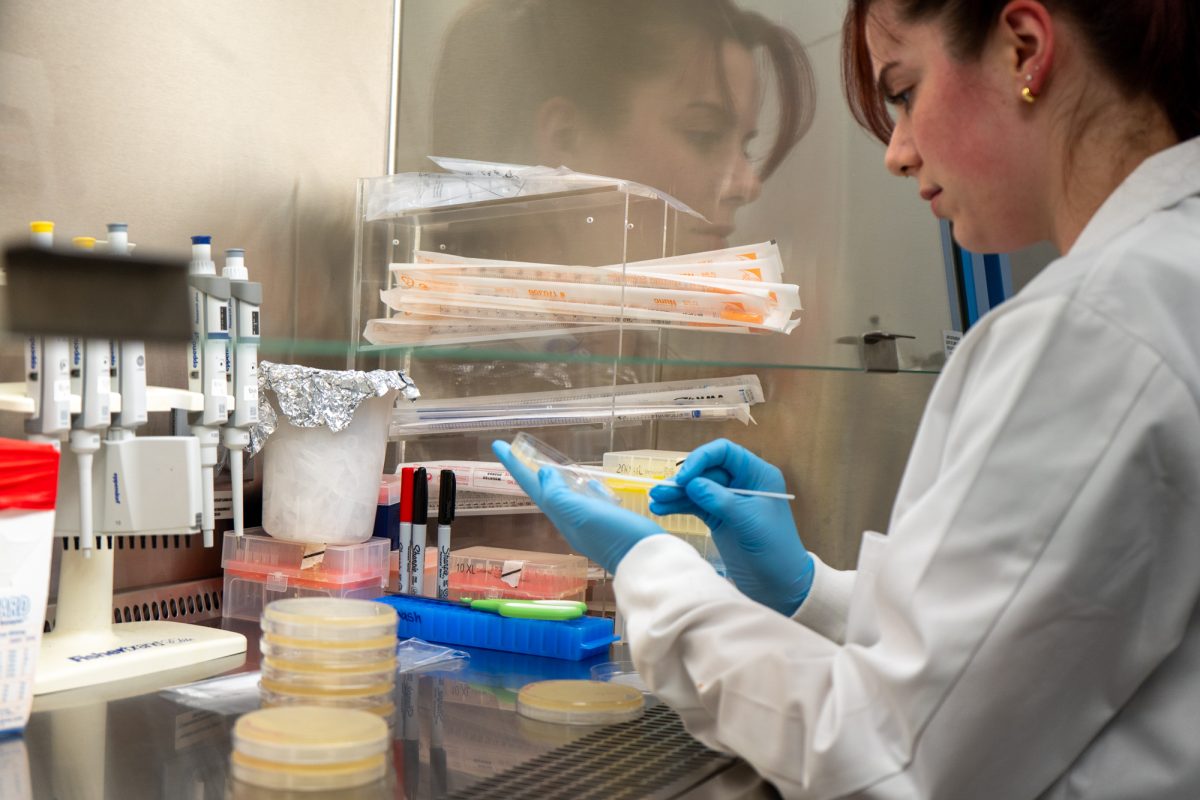When it comes to the world of science, discoveries and breakthroughs are made every day. To help you keep up with them, The Battalion compiles a few of the most compelling scientific stories from the past week.
Social Science: The U.S. now ranks 27th in the world for its levels of healthcare and education
According to a new study, the Institute for Health Metrics and Evaluation (IHME) has found that the United States is now ranked 27th in the world in education and healthcare. These metrics are based on findings in 2016 showing a decline since 1990, when the U.S was ranked sixth in the world.
Scientists believe one explanation could be the decline in U.S. spending on elementary and high school education. From 2010 to 2014, spending fell by three percent even as student population grew by one percent. Around the world, other developed nations like the United Kingdom and Portugal saw increases in education by 25 percent and those countries saw an improvement in their healthcare and education levels.
Health: Hackers are increasingly targeting healthcare, exposing 176.4 million patient records over the past eight years
Over an eight year period, the JAMA Network has found that 2,149 data breaches have affected 176.4 million healthcare records. The research was done by the U.S department of Health and the Human Services Office for Civil Rights, examining all the data breaches from 2010 to 2017. The breaches increased from 199 in 2010 to 344 breaches in 2017.
The size of each breach ran from 500 to 78.8 million patient records, and reports found that these patient records can sell for $300 to $400 on the dark web. This is several hundred times more valuable than credit card information, which sells for around a dollar. Scientists said the rise of electronic health records increase the amount of breaches even though they have the potential to improve clinical care and learning over time.
Epidemiology: Cervical cancer is set to be eliminated as a public health problem in Australia by 2028
Cervical cancer is expected to be rendered so uncommon in Australia by 2028 that it will be no longer be considered a public health problem for the first time anywhere in the world. According to the Lancet Public Health Journal, the disease leads to 310,000 global deaths each year.
A decade ago, Australia introduced a national human papillomavirus (HPV) vaccination program for children, and in the years after, rates of the cancer in women dropped by 50 percent and abnormalities were identified before they developed. In two years, it will be considered a rare disease in Australia and could be completely eradicated by 2066.








